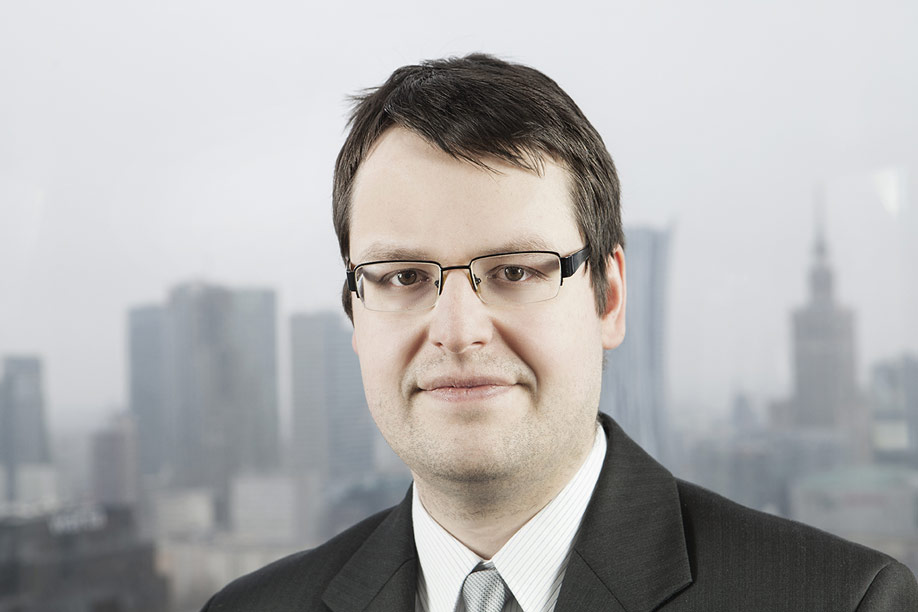“A series of good economic news from Russia is not enough to change the very average economic prospects for this country. In turn, Russians pay very low salaries for Moscow's superpower-driven tendencies and the willingness to exercise broad control over the state,” writes Marcin Lipka, Conotoxia Senior Analyst.

The beginning of 2018 went very well for the Russian Federation. S&P Global Ratings increased this country’s creditworthiness from rubbish to investment. Crude oil is presently at the level of over three-year peaks, which gives Moscow hope for a good budget outcome in the coming quarters.
Central Bank (CBR) activities can also be described as success stories. Appropriate monetary policy conducted since the crisis in the commodity market and the panic sales of the rouble have brought tangible results. Inflation has dropped to 2.2% in February, while in 2015 it exceeded 16%. The local currency stabilises within a relatively narrow range of fluctuations. So what are the Russian economy allegations?
Raw material drug
Russia’s fundamental problem is its very serious dependence on raw materials. According to CBR data for three quarters of 2017, the Russian Federation exported goods worth 250 billion USD. However, approximately 150 billion of these were energy resources: crude oil, gas, refinery products. Without the booster of selling natural resources overseas instead of a 22 billion dollar surplus on the current account, there would have been a huge deficit over that period.
It is worth noting that about one third of the state budget generates revenues related to gas and oil extraction. If it were not for the income related to the raw materials exploitation, the federal budget deficit would amount to 7.9% GDP in 2017, according to the Russian finance minister Anton Siluanov, quoted by the TASS agency. The IMF's studies (e.g. Country Report for Russia from 2017) show that without the raw materials contribution, the deficit in 2009-2015 would exceed an average of 10% GDP per year.
The mere extraction or export of oil and gas is, of course, not a bad thing. The problem is that the current revenues are immediately overestimated rather than invested, for example, in Norway. There is also no evidence that Russia is building economic potential in the country. As a result, greater turbulence in the raw materials market immediately translates into the general condition of the economy. Over the past 15 years, virtually nothing has been done to diversify it.
Economy in the state’s hands
Official statistics show that the state's debt in relation to GDP is only 11.8%. It is one of the lowest results in the world. The problem is that this debt does not include entities connected to the state through the capital.
In the IMF study of May 2014, the “Russian Federation Fiscal Transparency Evaluation”, it is stated that there are "over 30,000 government-related or government-controlled enterprises with a total commitment of at least 85% GDP, and they have not been included in any fiscal report."
Such a significant share of the state in the economy not only hinders competition, but also the actual assessment of the country's condition. It is possible that this was one of the reasons that pushed the dollar's valuation from 35 roubles to 85 roubles at the height of the raw material crisis.
Power expenditure
Obviously, defense spending is also a significant issue for public finances. According to World Bank data, the Russians spent 5.4% GDP on arms in 2016. Interestingly, it is more or less the same as the budget revenues from the extraction of raw materials.
The high level of military expenditure can be explained by national security issues, but it seems to be far too high a scale compared to the country's capabilities.The US military spending represents 3.3% GDP, and China accounts for only 1.9% GDP.
The spell wears off on payday
The official Federal State Statistics Service study, "Russia in numbers, 2017", shows that the average gross monthly salary of employees for the central district (excluding Moscow and the Moscow region) amounted to around 26,000 roubles, or 1,560 PLN. For the capital, it was 71,000 roubles, or 4,260 PLN.
Apart from Moscow and the mining or refining sector, where salaries amount to approx. 70,000-90,000 roubles per month, the remaining 50 million from less than 70 million employees receive about 30,000 roubles gross per month, approximately 1,800 PLN. The minimum salary is only about 500 PLN. For comparison, in Poland in 2016, the average monthly salary for individual provinces, excluding Mazowieckie, was in the range of 3,500-4,000 PLN gross.
As a result, the costs of inefficient governance of the country, ill-health dependence on raw materials or domination of the state by public entities are borne by ordinary Russians. This payment is in the form of very low salaries for the majority of the employees of the Russian Federation.

